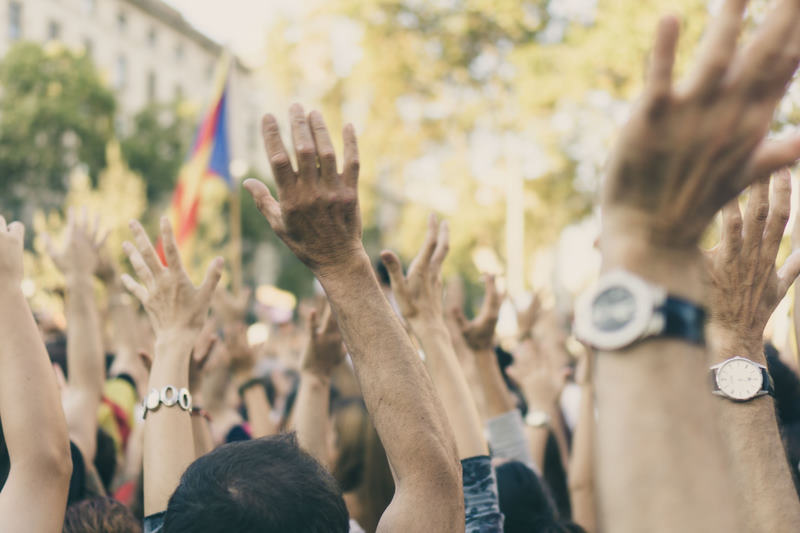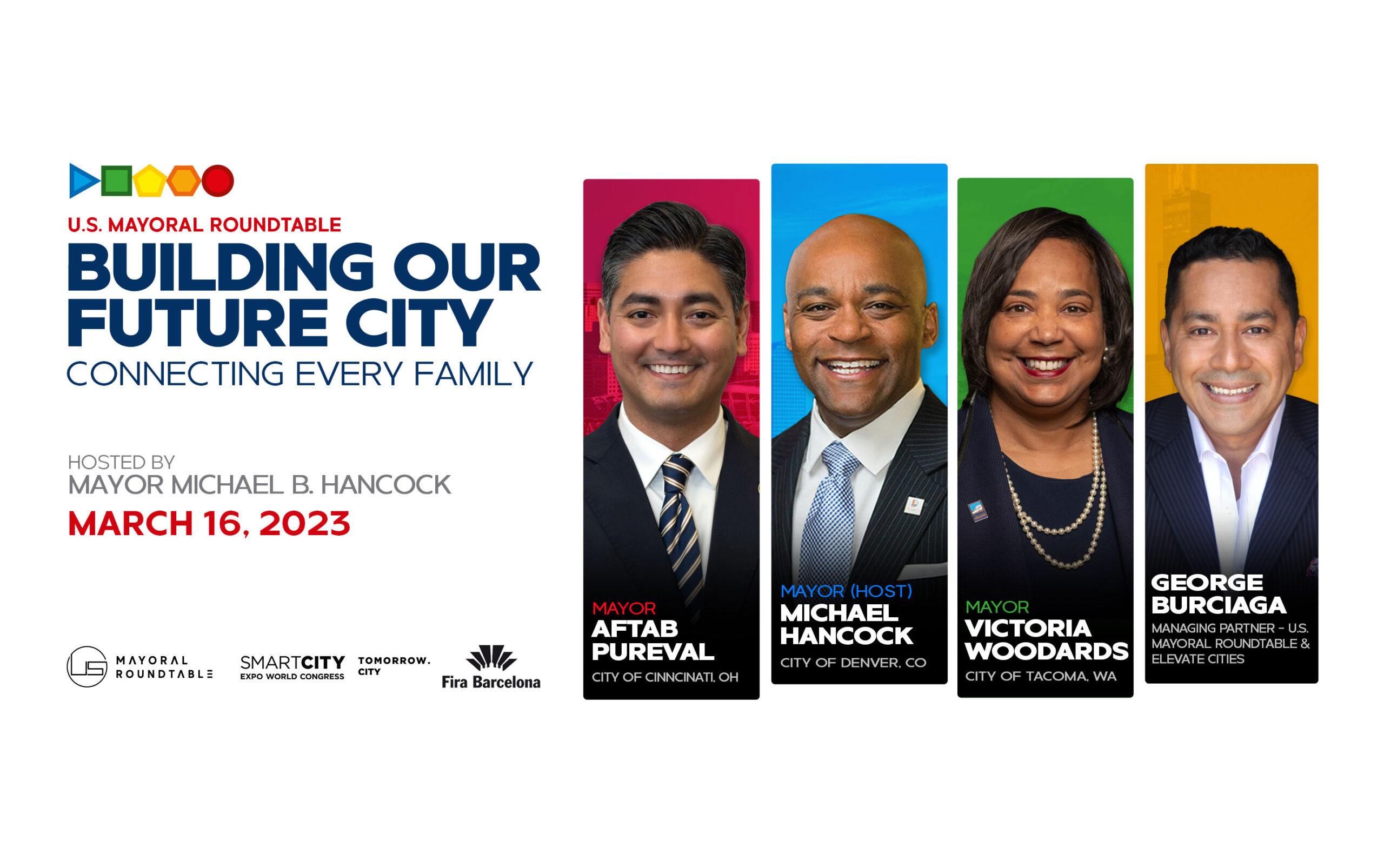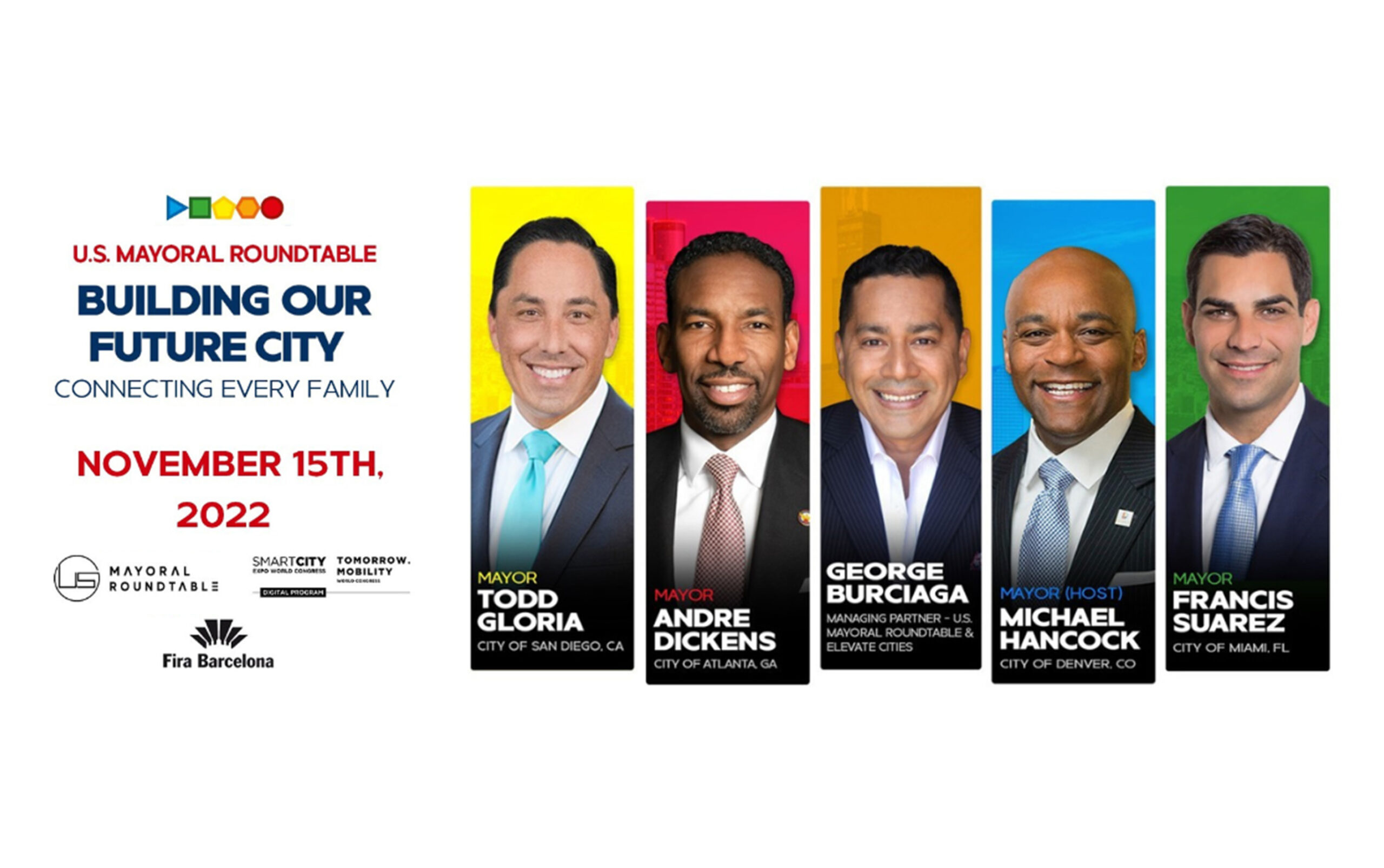Author | Lucía Burbano
Birthplace, race or gender should not mean fewer opportunities. The fight for this equality, recognizing the origin of individuals, is the focus of social equity. Here we shall take a look at its objectives and obstacles and the case of one country, Iceland, which has practically managed to eradicate one of these social barriers, the gender barrier.
What is social equity?

Social equity takes into account systemic inequalities to ensure that all members of a community have access to the same opportunities.
This must not be confused with social equality, which differs from the former because although it includes a fair distribution of the same resources or opportunities for all individuals, it does not refer to an unfavorable social context in the way that social equity does.
Social equity fosters equal rights, opportunities and treatment through:
Economic benefits for everyone
The redistribution of wealth understood from public administrations as investments in infrastructure, health and education and social security benefits, can favor growth and equality. However, there are conflicting opinions in this regard at a macroeconomic level.
Improved relations between different communities
As outlined in the study ‘Equity, development and citizenship‘, social equity develops mechanisms that strengthen relationships of social solidarity and responsibility, both within groups and between them, to strengthen coexistence and collective development founded on tolerance of differences and a willingness to compromise.
Iceland, a model of gender equity
Iceland and its policies to close the gender gap are unique in the world. For over a decade it has topped the Global Gender Gap Index and, according to 2022 figures, it has reduced this margin by 90%.
These are the areas in which it has achieved this:
Politics
In the past 40 years, the percentage of women in parliament has increased considerably, with women currently representing 47.6% of the chamber. The Nordic island became the first country to elect a female Head of State in the world: Vigdis Finnbogadottir in 1980.
Business
This advancement has been reflected in a series of policies such as the one requiring a female ratio of at least 40% in companies, including the board of directors. Companies are required to pay male and female employees an equal salary for jobs of equal value and they must submit an equality plan every two years.
Education
The Hjalli method, developed by the educator and feminist Margrét Pála Ólafsdóttir, separates girls and boys in nursery and primary schools to work on strengths and weaknesses, differences and different paces of development in ‘neutral’ spaces free of gender-associated stereotypes to empower both boys and girls.
In universities today, more than 60% of students are women.
Legislation
The Icelandic government has two gender equity laws and three social equity laws. Every four years, the Prime Minister submits to parliament a motion for a parliamentary resolution on a four-year gender equality action plan after having received proposals made by the ministries and after consultation with the Directorate of Equality.
Images | Chris Slupski, Cassie Boca






















































